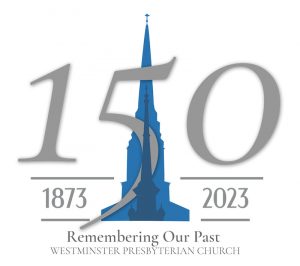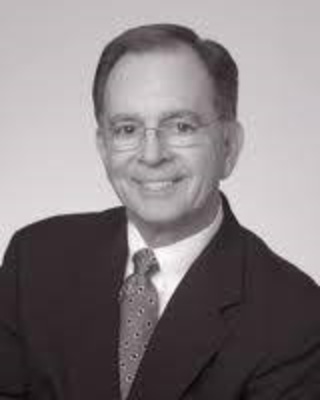

In December 1981, the Reverend Dr. Kyser Cowart Ptomey, Jr. was installed as Westminster’s senior pastor, inviting all to call him “KC.” While engaging the congregation with his powerful preaching, KC also restored numerous liturgical practices of the early Church that had been abandoned during the Protestant Reformation and supported the early Reformed practice of singing psalms in worship. At his suggestion, non-inclusive language was removed from the liturgy.
KC passionately believed in the civil rights movement. One Sunday in the early 1960’s, three white students at Southwestern College at Memphis—what became Rhodes College—went with African American students to worship at Second Presbyterian Church, the city’s largest and most powerful Presbyterian church. These men were turned away at the doors of that church, per church policy. Almost immediately, the story hit the national media. The Presbyterian General Assembly had planned to hold its annual meeting at that church the following year, but the power of this story moved leaders to elect another venue. Reverend Theodore J. Wardlaw shared that “these young men were bravely defiant. They risked their necks; they could have been beaten up.” Yet all three of those white students were formed by that moment and became Presbyterian ministers — including KC Ptomey. He often said his role was to comfort the afflicted but also to afflict the comfortable.
He strongly advocated for women in ministry and for LGBTQ+ rights, both in civil society and within the ecclesiastical community. KC was passionate about liturgy and the importance of language. In the mid-late 80’s, he was vilified in the local media for taking a position that patriotism and Christianity are not intertwined – that God does not belong to America. During a renovation, he removed the flag from the sanctuary and never returned it. Some members left the church over that disagreement.
KC was a leader in the denomination. He served as trustee for both Rhodes College and Louisville Presbyterian Theological Seminary. He campaigned to become moderator of the PCUSA denomination to help it through a hostile period, but was not successful. KC was a member of The Moveable Feast, a big steeple study group that presented papers and invited a scholar to sit with them each year.
As a gifted administrator, KC believed his role was to support and enable each staff member to do his or her best work. During KC’s ministry, the children’s Sunday School program was reorganized, the congregation added a minister focused on adult education and many week-day Bible study groups were formed. The church also expanded its work in pastoral care, with teams of members regularly visiting the sick and participating in intercessory prayer groups.
The church flourished under KC’s leadership. Within a year of his arrival, a two-million-dollar capital campaign was initiated to fund a new educational building (which would house Westminster School), a new organ and $500,000 designated for benevolences. In 1994, Westminster launched another capital campaign to add another education building, remodel various spaces and add a columbarium.
After the PCUS and UPCUSA (north and south denominations) reunified in 1983, the Westminster Session voted to reduce its size from 48 elders to 36, each serving a three-year term, to conform to the new PCUSA constitution.
KC Ptomey, Jr. retired in 2008 after 27 years, the longest senior pastor tenure in Westminster’s history. He then served as Professor in the Zbinden Distinguished Chair of Pastoral Ministry and Leadership at Austin Theological Seminary in Texas. KC died in Nashville in 2013.